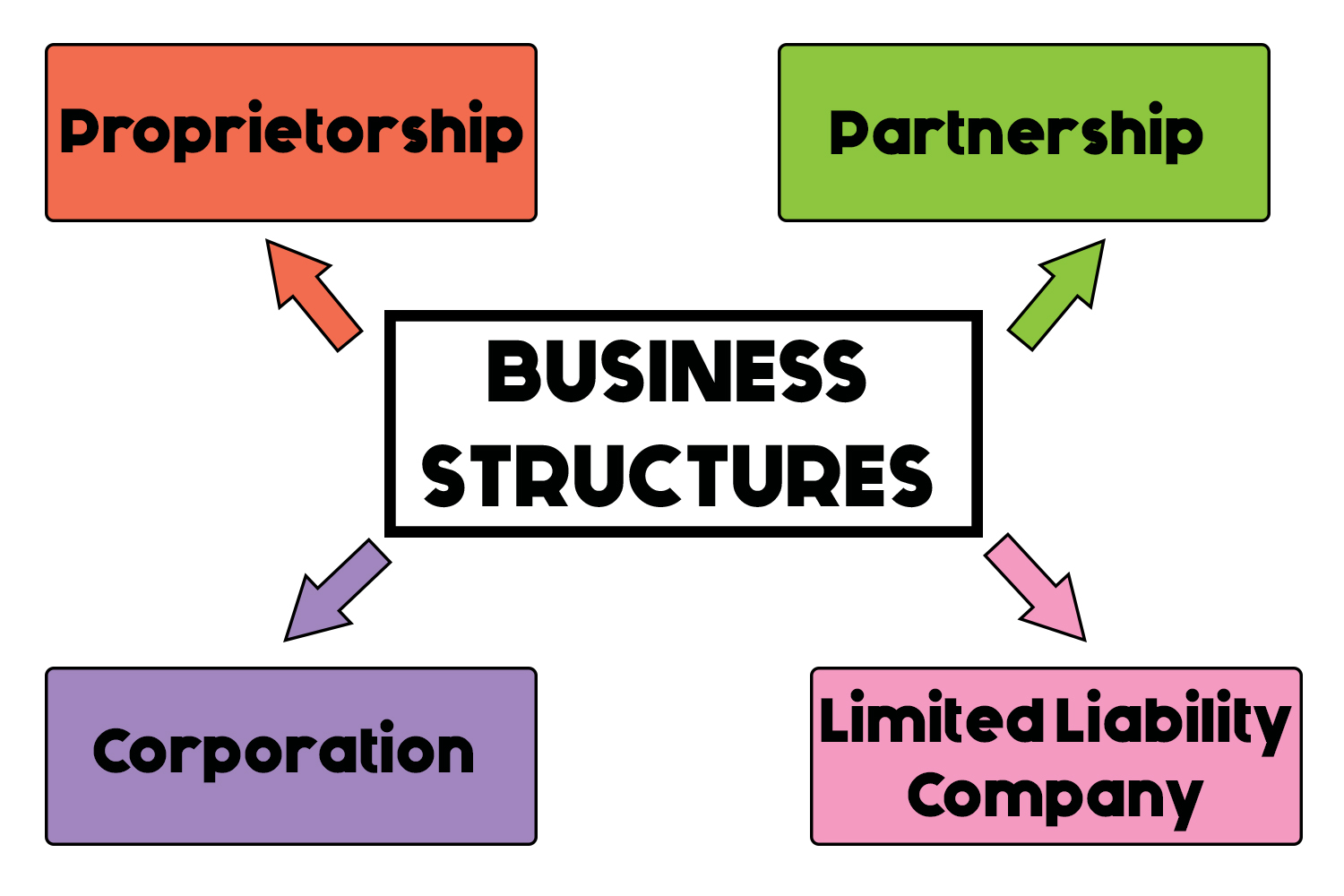
In Israel, taxation is a crucial aspect of business operations, and understanding the different business structures and their tax implications is essential for entrepreneurs and businesses. Two common types of business structures in Israel are “Esek Patur” and “Esek Murshe.”
1. Esek Patur: Esek Patur (https://auditing.co.il/en/bookkeeping-services/osek-patur/) refers to a business that is exempt from Value Added Tax (VAT). This business structure is suitable for small businesses with an annual turnover below a certain threshold. When operating as Esek Patur, the business is not required to charge VAT on its sales, and it is not entitled to receive VAT refunds for purchases.
It’s important to note that while Esek Patur exempts the business from VAT obligations, it also means that the business cannot reclaim VAT on its expenses. This structure is typically chosen by businesses with lower turnovers, aiming to simplify their accounting processes and reduce administrative burdens.
2. Esek Murshe: Esek Murshe (https://auditing.co.il/en/bookkeeping-services/osek-morshe/), on the other hand, is a business structure that is liable for Value Added Tax. Businesses registered as Esek Murshe must charge VAT on their sales and are entitled to reclaim VAT on their expenses. This structure is suitable for businesses with a higher turnover that exceeds the VAT threshold set by the Israeli Tax Authority.
Esek Murshe involves more complex accounting procedures due to the need to manage VAT transactions and report them to the tax authorities regularly. However, it allows businesses to recover VAT paid on their inputs, making it more favorable for larger enterprises.
When choosing between Esek Patur and Esek Murshe, business owners should consider factors such as their annual turnover, the nature of their business activities, and the potential impact on their clients and suppliers.
It’s crucial for businesses in Israel to stay informed about changes in tax regulations and to maintain accurate financial records. Seeking professional advice from a tax consultant or accountant can be beneficial to ensure compliance with tax laws and optimize the financial structure of the business.
